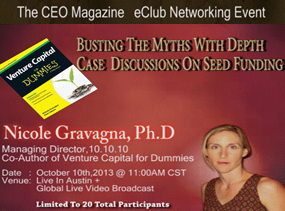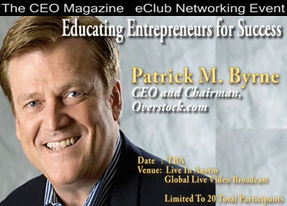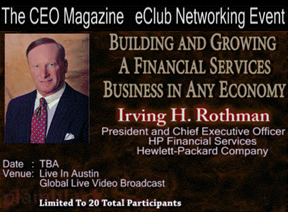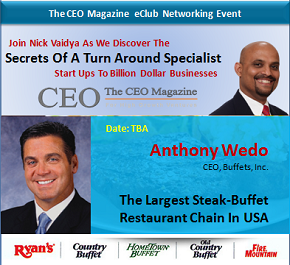You are here
- Guest Blogger |
- Management |
- Fri, 03/16/2018 - 21:29

Linda Adams, Co-founder, Trispective Group
At this year’s Super Bowl, for many fans and sports pundits, the unthinkable happened. Nick Foles, the Eagles back-up quarter back, led his team to victory over the most decorated quarterback in NFL history. And he played knowing that even with an historic win, his position was not secured long term as Carson Wentz continues to recuperate from his season-ending injury.
How does a team lose its go-to-guy in Wentz and still win the year’s biggest game? It has everything to do with the team. The Eagles were on a roll against the St. Louis Rams when during the December 10th game, Wentz left the game after tearing his ACL in an attempt to rescue a broken play. Foles came in to finish that game and started for the balance of the season. It would be a good story if it were a Cinderella story from then on. It wasn’t. They lost one game and had a couple of wins that at best were mediocre. They went into their championship game against the Vikings with the Vikings as the clear favorites to win. But none of that slowed them down or even gave them pause.
Bottom line, while clearly the MVP, Nick Foles didn’t win the game alone or push or drag the team into their Super Bowl win. It took everyone involved in the Eagles organization with a singular focus on winning THE game. There are 53 players on the roster, an average of 15 members of the coaching staff, and all in all anywhere near another 150 personnel employed by an NFL team. Teams like The Eagles, demonstrate all of the qualities we consider are essential to being a high-performing and highly successful team. We label those dream-teams as Loyalist Teams.
I know from my work with thousands of teams that the characteristics of such teams are identifiable and while not easy to create, with the right mindset, intention, and action those characteristics can be replicated. Not one of these attributes stand alone. All are critical elements are there:
- Overarching team goal to which all are committed where everyone understands their role and contributes to the delivery of that goal.
- Everyone is skilled and committed to delivering their best in their role.
- Team members trust each other to deliver and provide support and feedback to enhance success.
- Team members hold themselves and each other accountable.
- Team members consistently do the right thing and sacrifice personal agendas for the good of the team.
If team members are solely focused on what any given situation means for them personally, they’ll likely miss the opportunity of what it might mean for the team. When Wentz went down, many on the outside thought the Eagles’ Super Bowl hopes went into the locker room with him. But the team did not. Foles had done his job all year, preparing himself physically and athletically to play his position. His coaches and teammates adjusted their plays and their playing styles to accommodate him. The owner never wavered in his belief in his team and never held back from sharing that. Can you imagine the locker ro conversation during that Super Bowl half-time show? Never settling or being content with second best, The Eagles came out to play against one of the best 4th quarter teams ever and beat them! Yes, Foles was ready and so was the whole team, the whole organization.
In business teams, we often have our go-to-guys. The Patriots sure do. Belichick, Brady, Gronkowski, and Amendola. And like The Patriots, that can be a winning combination. But if The Eagles win teaches us one thing, it’s that winning The Big One, being the World Champion in your industry, means having a totally Loyalist organization. Are your back-ups ready to play? Is your whole team ready to take on any role given to them?
If you are interested in getting your team ready, here are 5 key pointers:
- Identify the overarching goal to which every team member is connected.
- Talk about the goal - a lot. Revisit frequently with the team to ensure you anticipate and address any challenges that might get in the way.
- Ensure everyone knows what is expected of them.
- Provide support and feedback to ensure the best outcome and hold people accountable for delivering their best.
- Establish not just standards of performance but behavioral standards.
- What are the team’s values? Hold yourself and everyone accountable to the same standards.
- Don’t buy into Superstars on the team who are irreplaceable.
- Regardless of the level of the role everyone on the team has to feel that their contribution is valued and makes a difference.
- Never settle. The best teams always strive to be better.
- However good you might be, engage the team in the tough conversation about what is needed to get even better.
About the Author
Linda Adams is a Leadership Development expert and co-founder of the Trispective Group. She is the co-author of The Loyalist Team: How Trust, Candor, and Authenticity Create Great Organizations. For more information, or to take a free team snapshot assessment, please visit, www.trispectivegroup.com.
Follow The Blog
Blog Categories
- Business Ops. (45)
- Editors (3)
- Entrepreneurship (196)
- Finance (25)
- Leadership (529)
Blog Authors
- Guest Blogger (835)
- Cynthia Kay (92)
- Linda Henman (78)
- Dianna Booher (46)
- Craig Ross (31)













